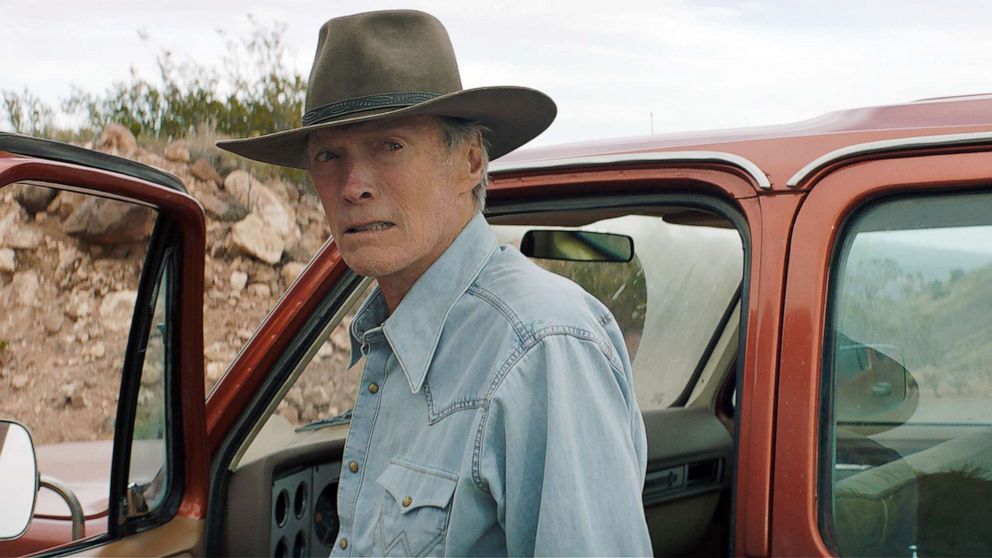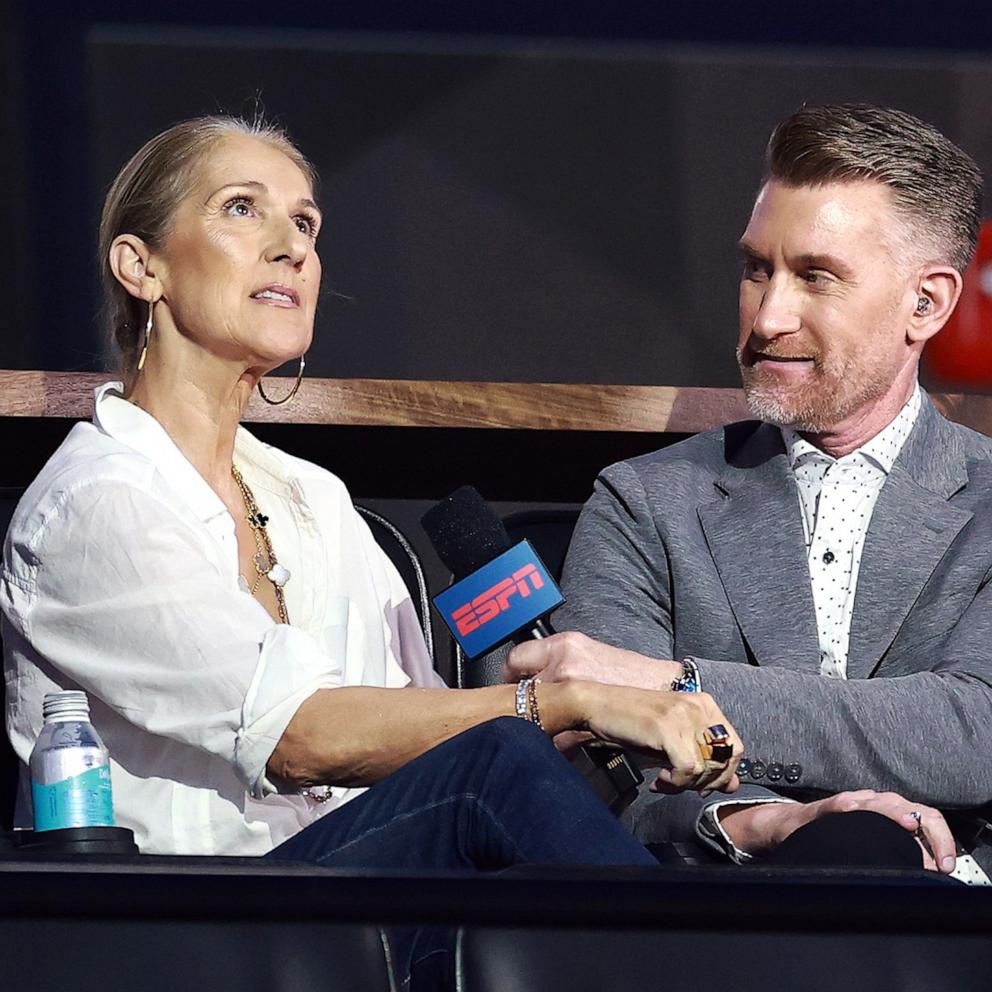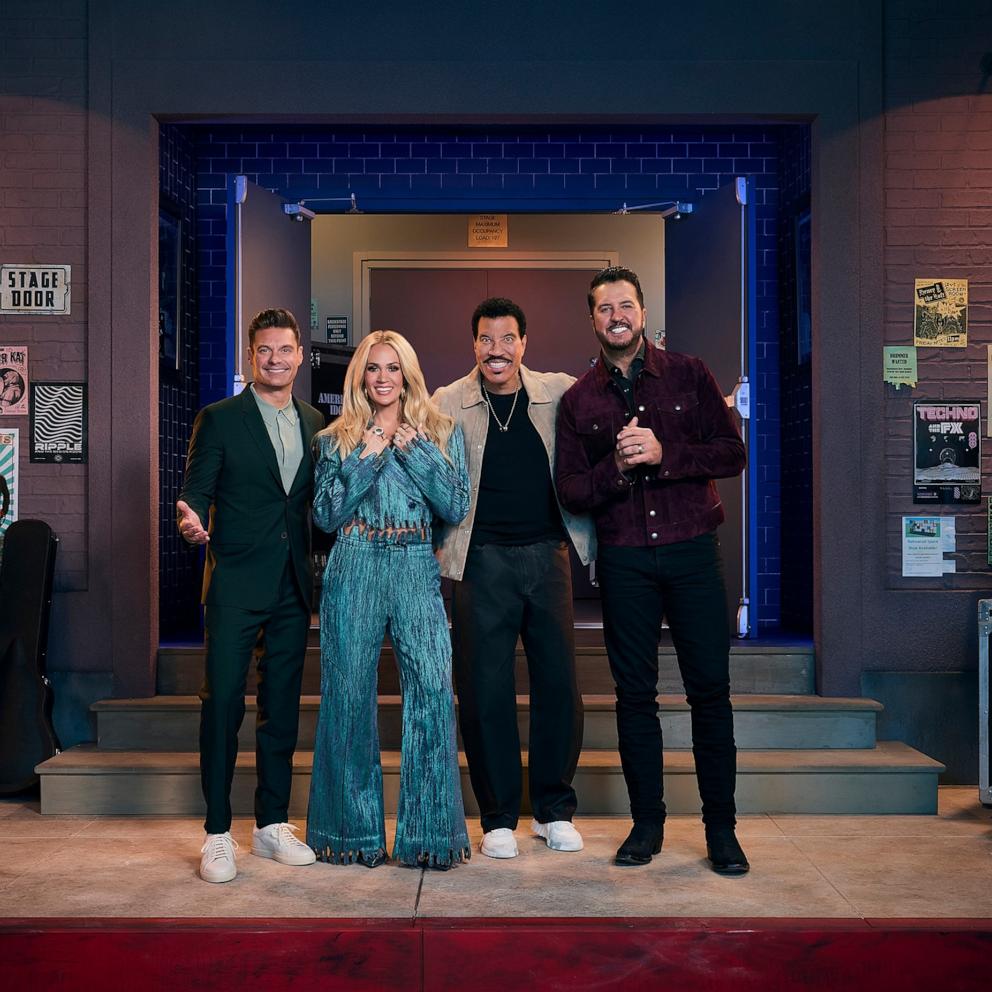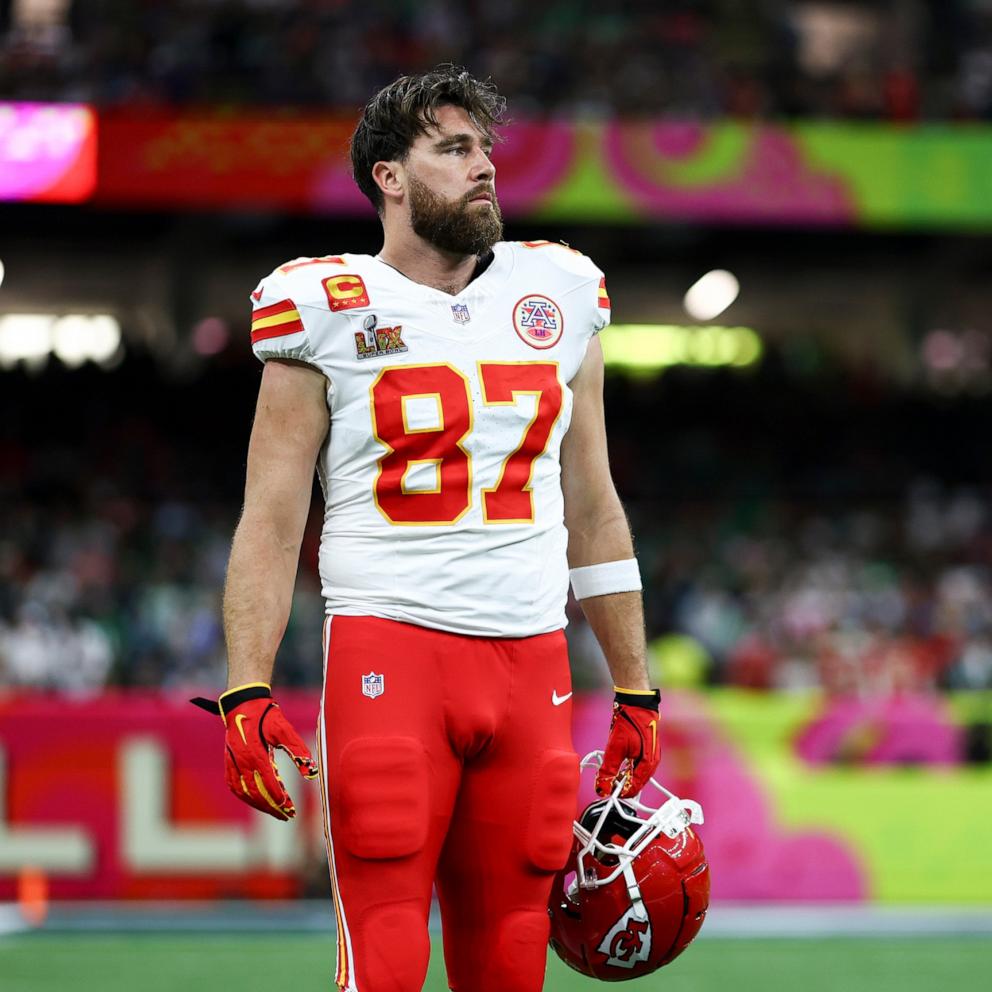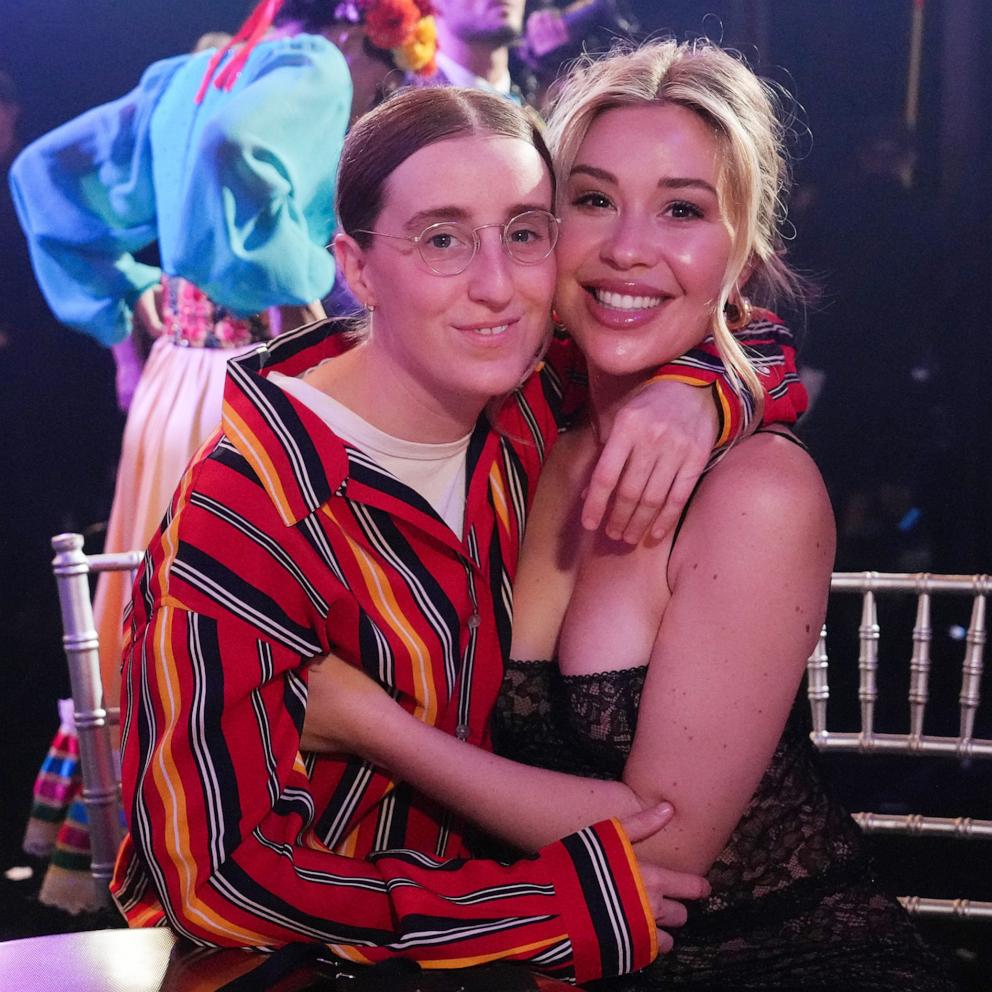'Cry Macho' review: Clint Eastwood is classic in every sense of the word
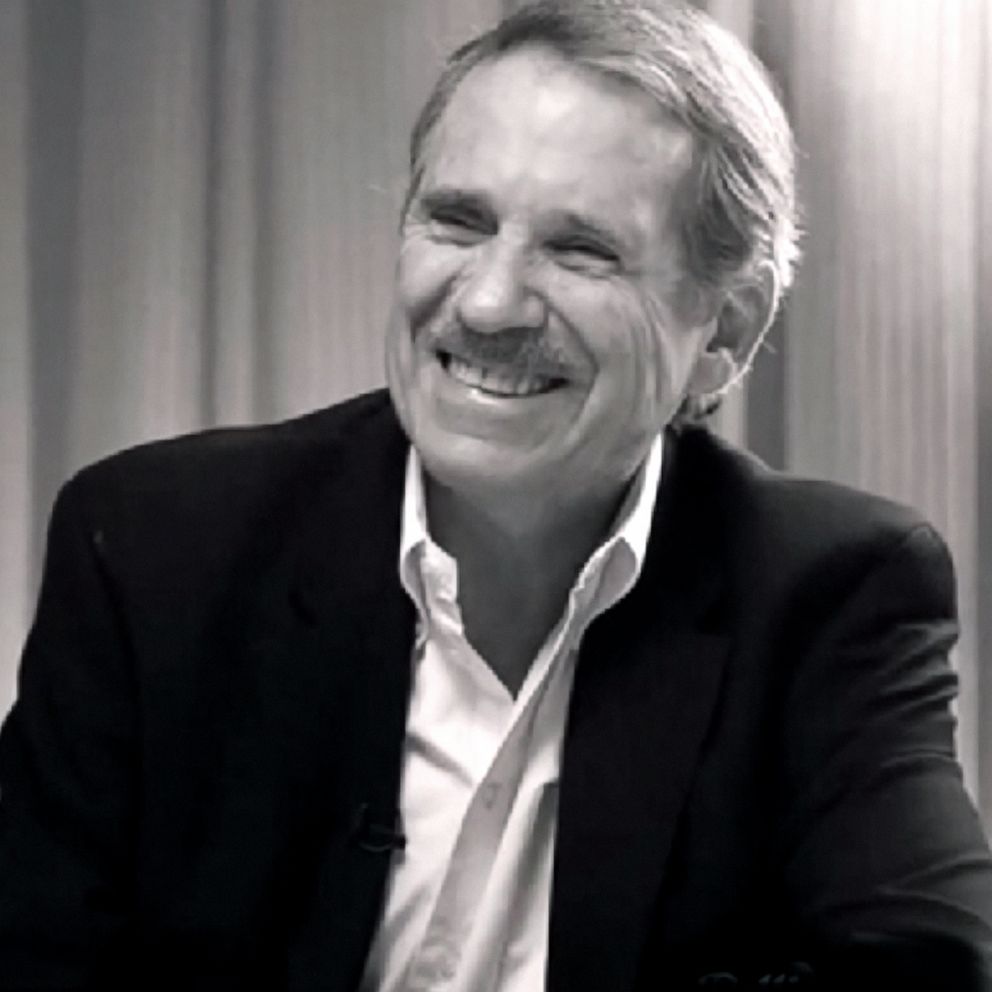
There are a heap of things wrong with "Cry Macho," the Clint Eastwood neo-western that just moseyed into theaters and HBO Max. But Eastwood is not one of them.
How many other 91-year-olds do you know who are directing and starring in movies? None. And just try not to choke up seeing this film legend back in the saddle for the first time since 1992's "Unforgiven."
"It's time for new blood," someone stupidly tells Eastwood's Mike Milo, a washed-up rodeo cowboy who owes a favor to rich Texas rancher Howard Polk (Dwight Yoakam). When Mike's wife and son died in a car accident, Howard was there for him. Now Howard needs a kindness.
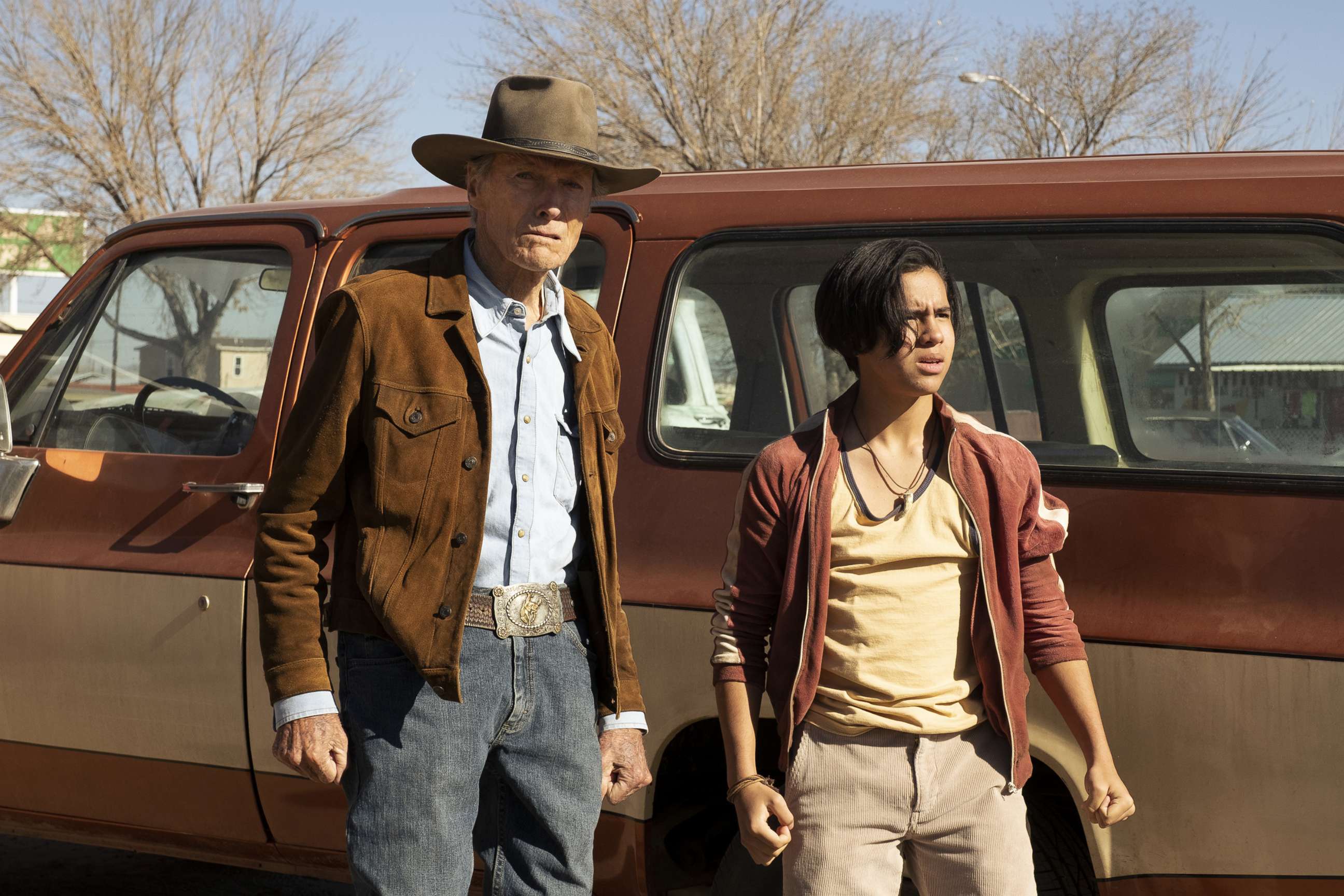
The job involves a drive to Mexico to retrieve Howard's son, Rafo (Eduardo Minett), 13, who has fled his nutso mother (Fernanda Urrejola) and her security goons to run illegal cock fights with his champion rooster, Macho, played by 11 birds who must have been hell to wrangle. I'm guessing Eastwood's trademark squint must have done the trick.
Suspicion is a default reaction for Rafo. Can Mike earn the boy's trust and return him home? "Take a nap, old man," sasses Rafo, who comes to rely on Mike for saving Macho and evading cops who think the geezer is running drugs. Can you name a dozen films with the same plot?
Of course you can. Set in 1979, when Eastwood was honing his brand in films about cowboys ("The Outlaw Josey Wales") and cops ("Dirty Harry"), "Cry Macho" also borrows from Eastwood's most recent action forays as a senior citizen -- "Gran Torino" and "The Mule."
What a shame that "Cry Macho" hits the brick wall of predictability so early on. The screenplay, based on a novel by the late N. Richard Nash, feels like it's been kicking around for decades. That's because it has. Eastwood almost played the role back in the 1980s.
Download the all new "Popcorn With Peter Travers" podcasts on Apple Podcasts, Spotify, Tunein, Google Play Music and Stitcher.
Despite a polish of the Nash script by Nick Schenk, who did wonders with "Gran Torino" and "The Mule," there is no structure to build on. It's not Eastwood who's creaking with age, it's the expository dialogue and plot contrivances that feel choked by the dust of cliches.
As ever, Eastwood's famously unfussy direction can still right many wrongs, especially when Mike and Rafo stop at a small-town cantina, owned by Marta (Natalia Traven), a widow with four grandchildren. Marta comes on to Mike, as did Rafo's oversexed mom. Maybe life does begin at 90, at least if you're Clint Eastwood.
The weekslong stopover allows Mike to teach Rafo how to ride and whisper to horses in quiet scenes that suggest the virtues of community -- an Eastwood staple even in the face of hardships that suggests Rafo has lived with parental abuse.
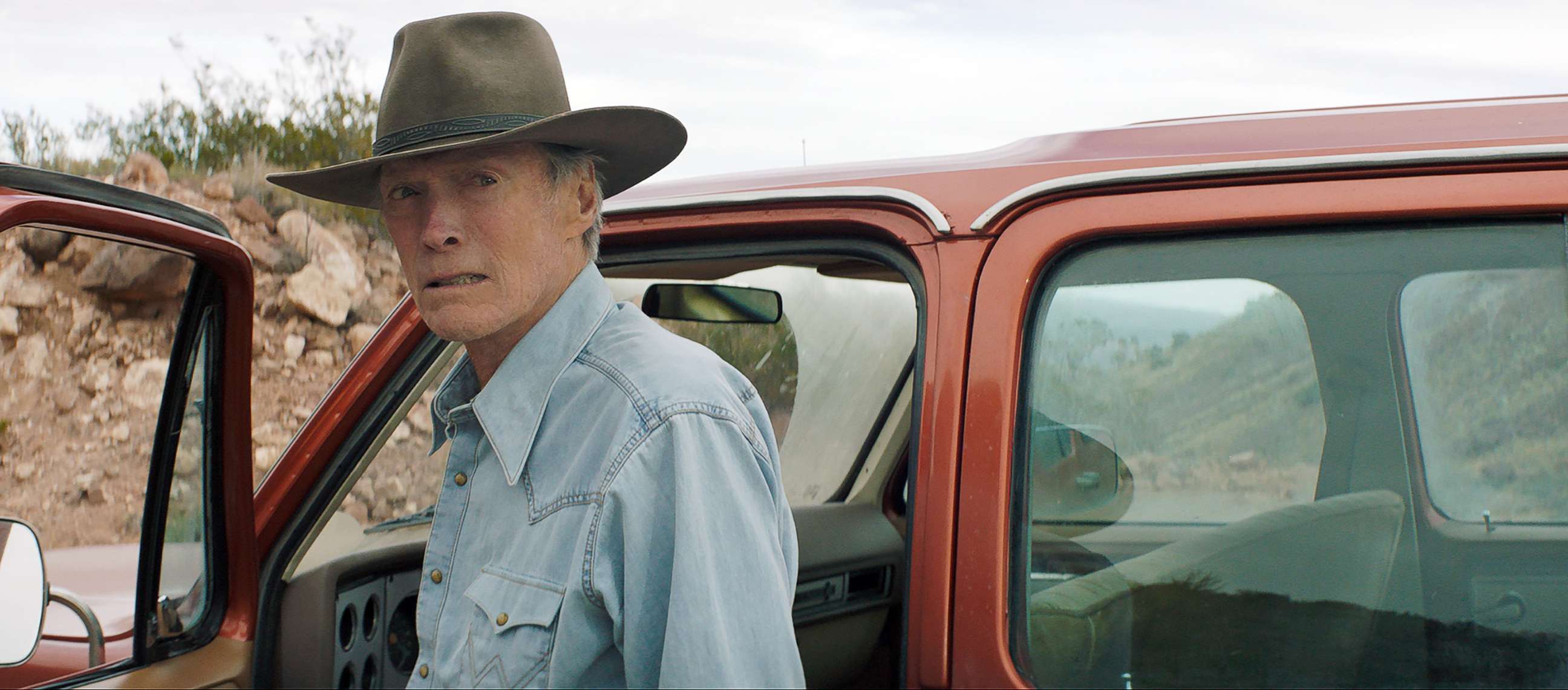
It's tougher to figure what to make of the film's canonization of Mike as the town's Dr. Dolittle, a healer of critters, from horses to pigs and dogs. Mike even communicates with Marta's deaf grandchild in American sign language. "It's something I picked up," he says.
Except for using his fists in one scene, "Cry Macho" is an Eastwood curveball into sweetness, a gentle excursion from a filmmaker who won two Oscars for detailing the dark side of the western ("Unforgiven") and the fight game ("Million Dollar Baby").
There's no telling how audiences will react to seeing Eastwood decry macho as false bravado. If only he didn't have that creaky script dragging down his crisp imagery.
"Cry Macho" is far from classic Eastwood. But Eastwood is classic in every sense of the word. Ride 'em, cowboy!
